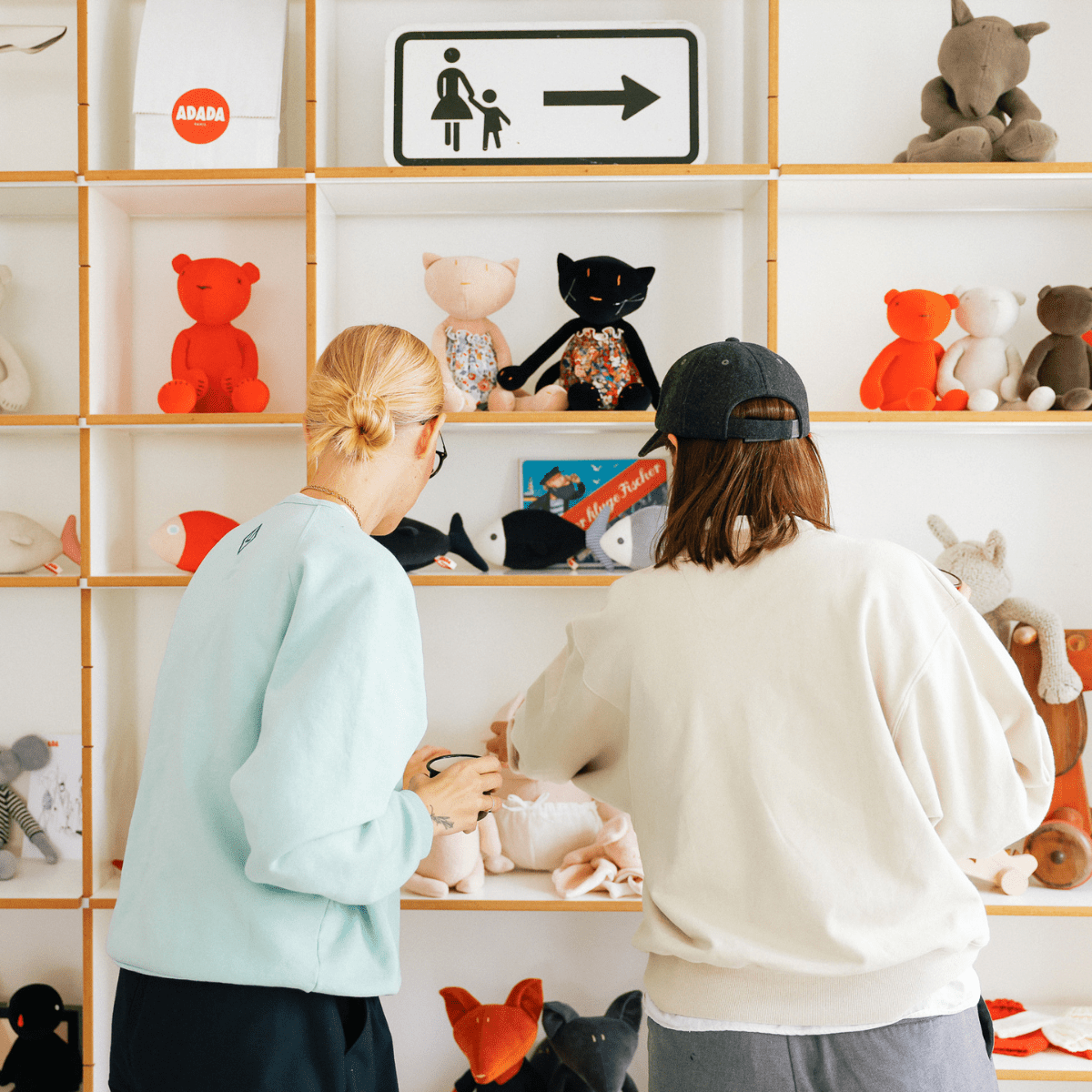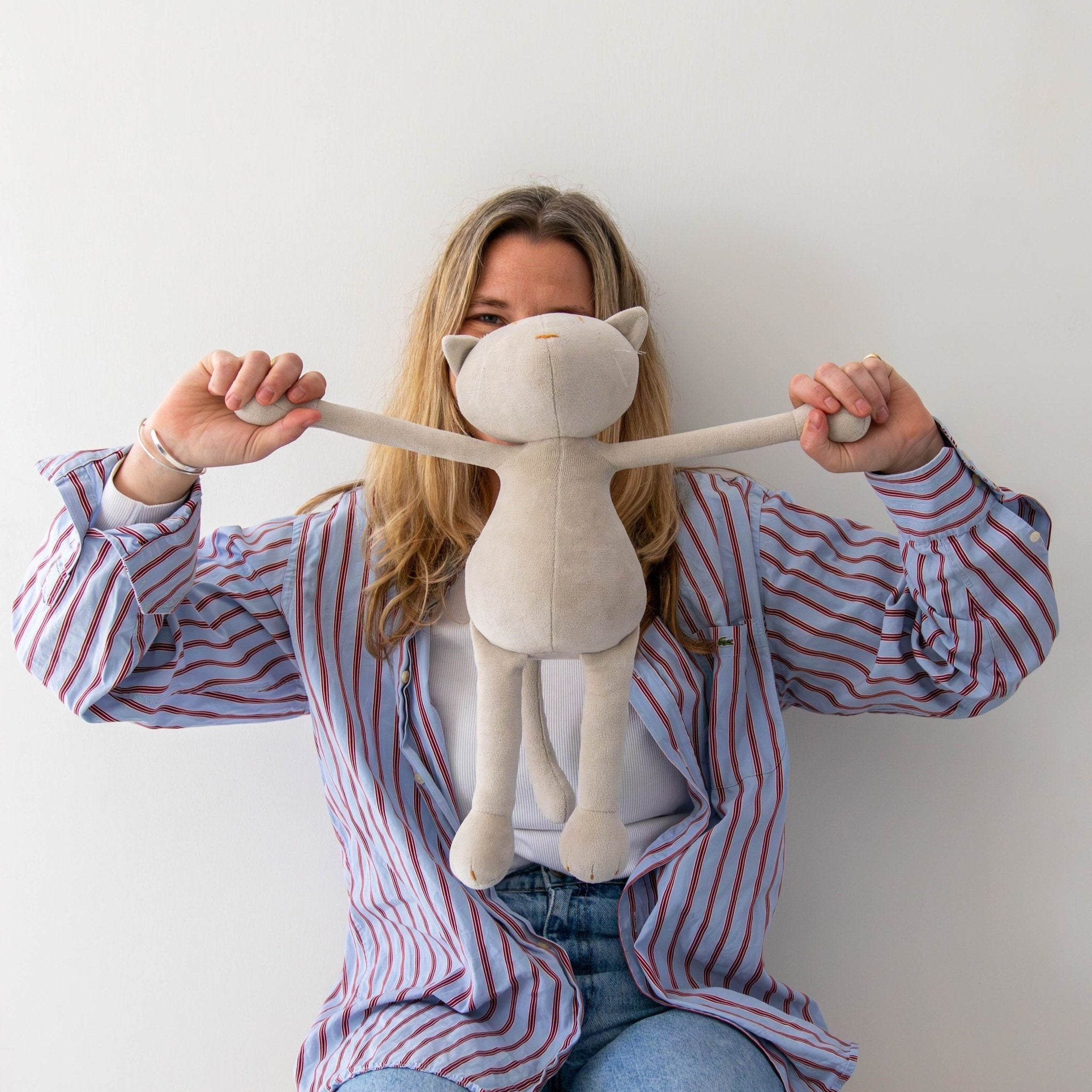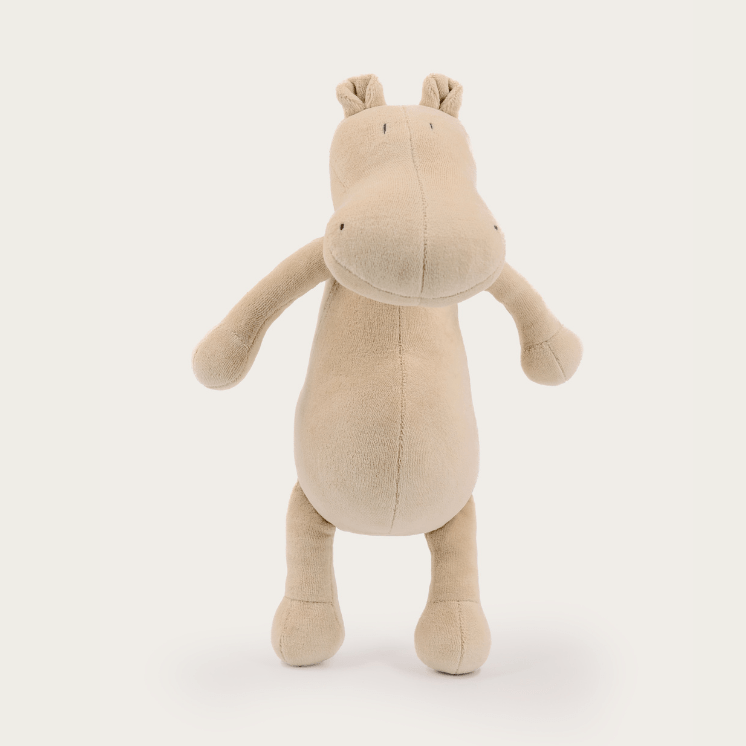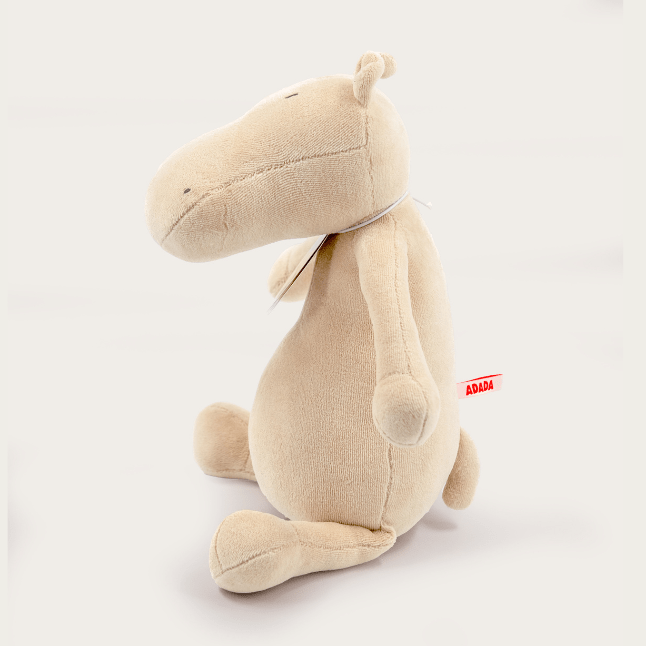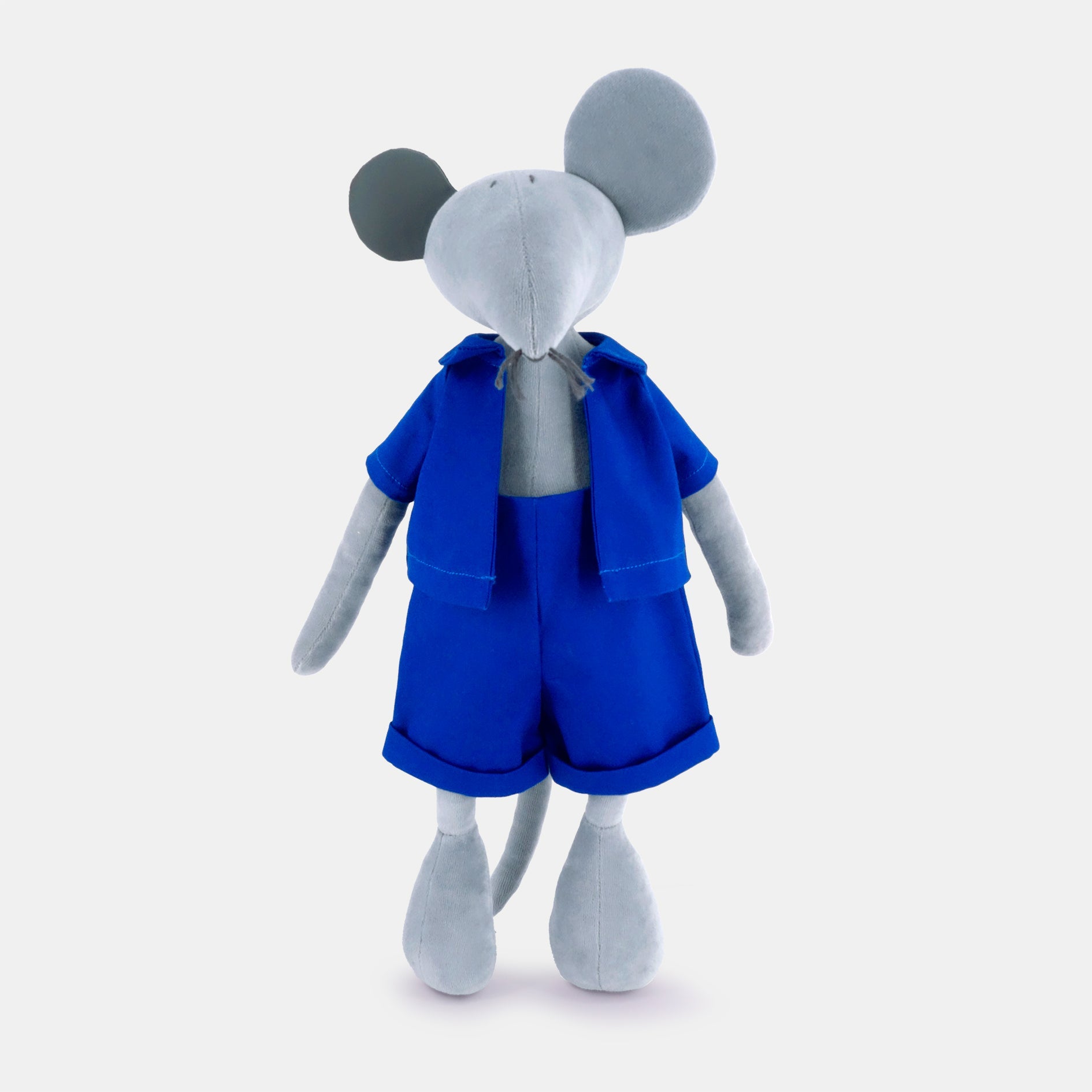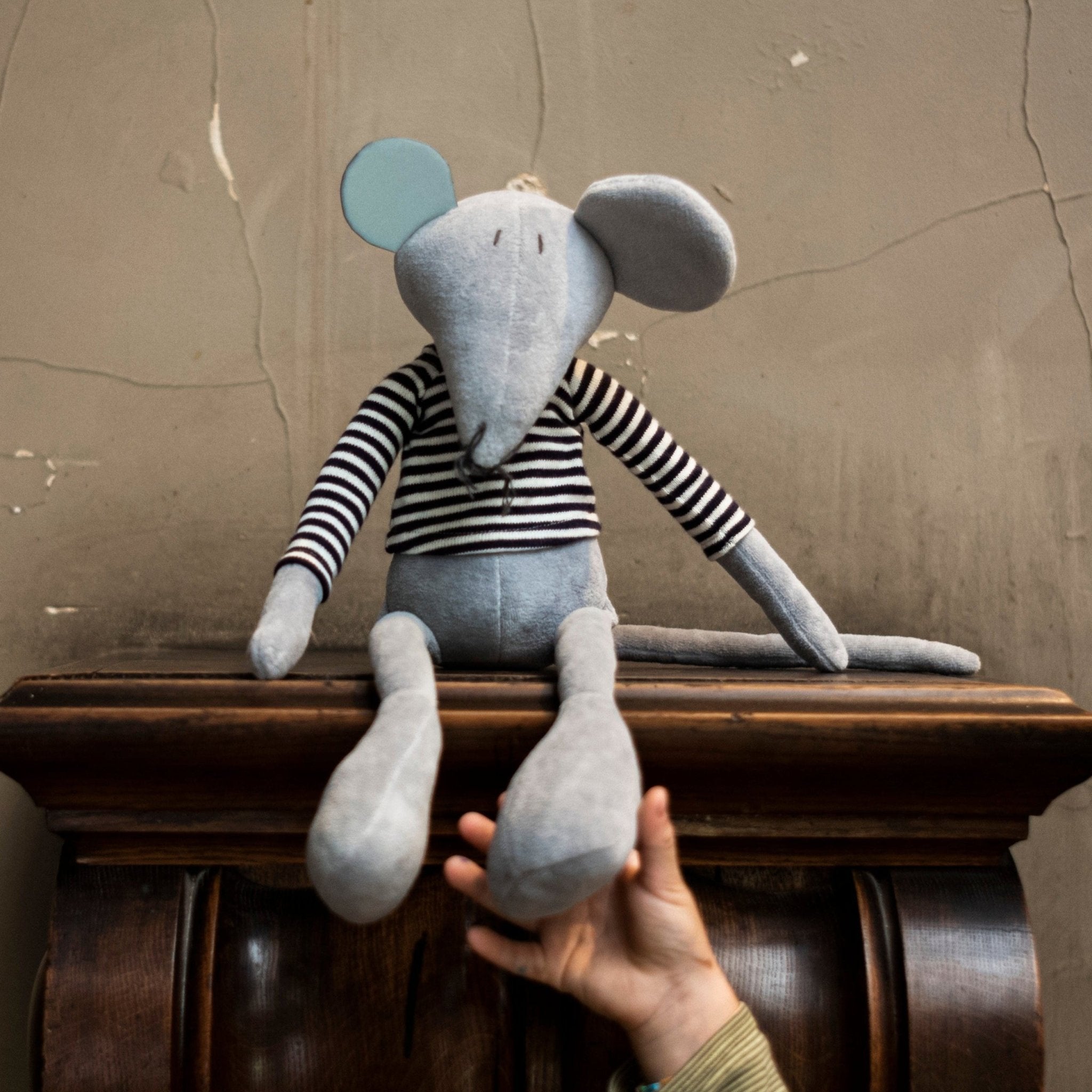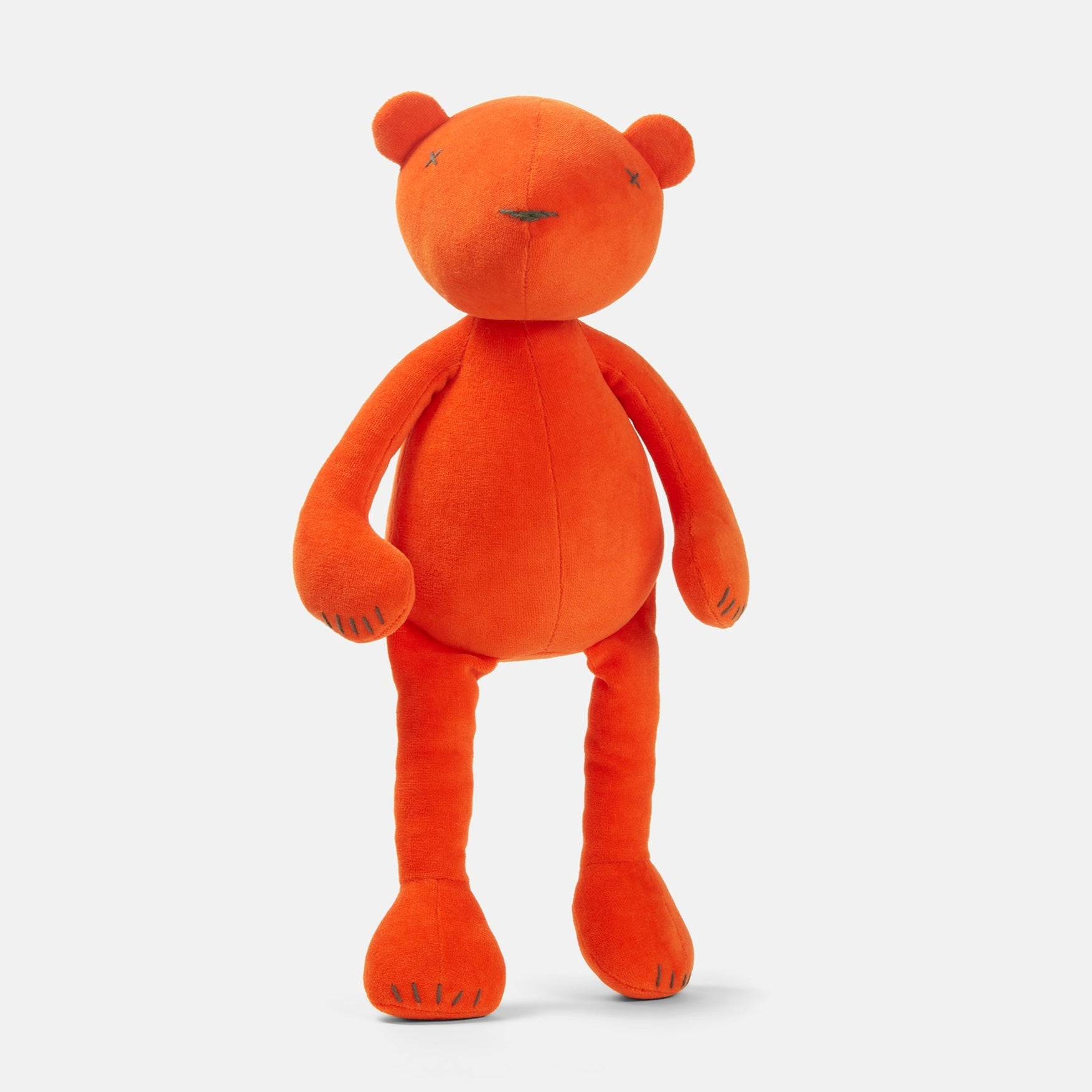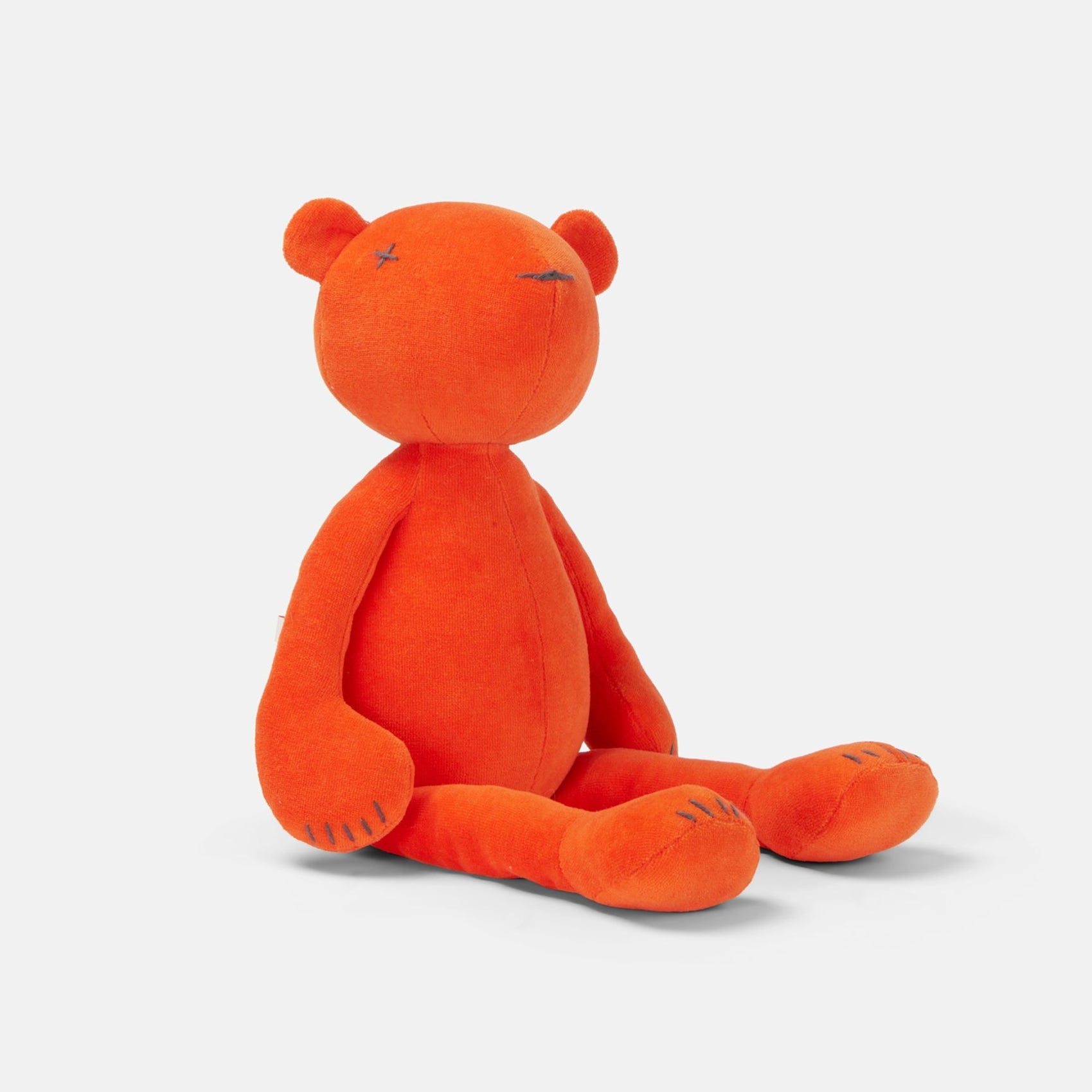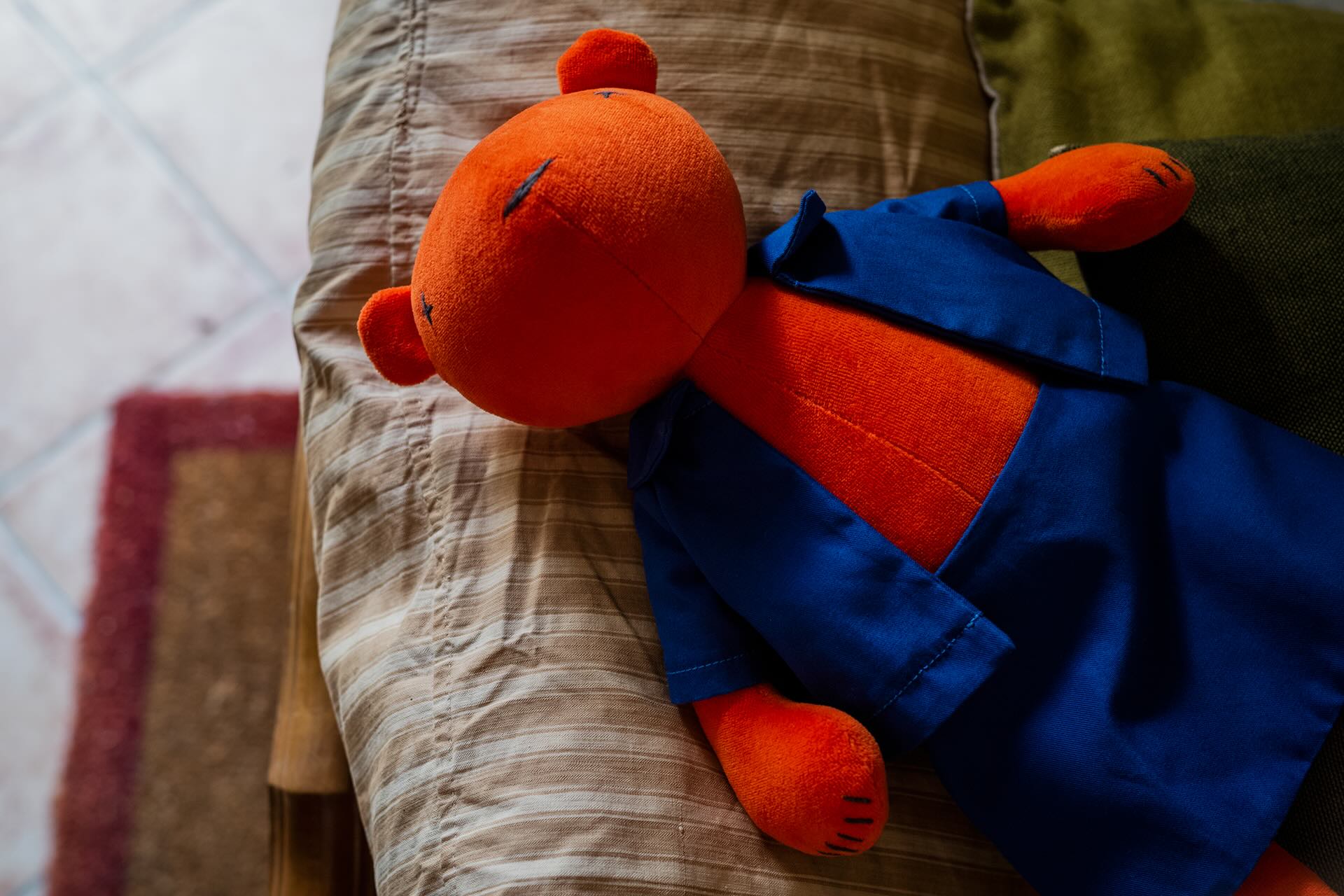
Why Stuffed Animals Are More Than Just Toys: Emotional Anchors for All Ages
When we think of cuddly toys, we often imagine children's bedrooms, baby gifts or childhood memories. But cuddly toys are much more than just toys. They act as real emotional anchors, offering comfort, stability and emotional regulation not only to children, but also to teenagers, adults and the elderly. Understanding why cuddly toys help with anxiety and how they help us sheds light on their profound and often underestimated role in our emotional lives.
Why do stuffed aniamls help with anxiety?
Soft toys provide a sense of security that satisfies a fundamental human need for comfort and connection. Psychologists explain that human beings are biologically programmed to attach. From childhood onwards, we seek out soft, comforting objects to replace or complement human interaction in times of stress. And cuddly toys fulfill this function perfectly.
Their soft texture, familiar shape and sometimes even weight can stimulate the production of serotonin and dopamine - neurotransmitters linked to happiness and relaxation. So it's easy to see why cuddly toys help with anxiety: they offer a reliable, tangible source of comfort in times of distress, helping everyone to soothe themselves without judgment or pressure.
How soft toys help with anxiety
The mechanism by which plush toys help combat anxiety is both psychological and physiological. Handling a stuffed toy - squeezing it, holding it or simply having it close - provides tactile stimulation that can "anchor" a person in times of anxiety, much as weighted blankets do for the sensory-sensitive.
Plush toys also offer a form of emotional validation. When anxiety arises, it's often accompanied by feelings of isolation and fear. Having a beloved stuffed toy can act as a substitute for social support, reminding the person that they are not alone. Many adults even name their stuffed animal, talk to it or attribute reassuring traits to it, reinforcing the feeling of companionship.
What's more, the constancy of a stuffed toy - a non-judgmental, unchanging presence - can become a real source of stability in the face of life's ups and downs.
Beyond childhood: stuffed animals for teenagers, adults and seniors
Although soft toys are commonly associated with childhood, more and more specialists are recognizing their importance for other age groups. Students living far from home, adults facing professional stress or even senior citizens suffering from loneliness or memory problems all find precious comfort in their favorite stuffed toy.
For teenagers and adults, a stuffed toy can evoke nostalgia, reconnecting them to simpler, more reassuring moments. They can also act as a transitional object, helping to cope with periods of change such as a move, a new job or a break-up. For the elderly, especially those suffering from dementia or Alzheimer's, interacting with a stuffed toy can awaken positive memories and provide essential tactile comfort.
Stuffed Animals as emotional anchors
Ultimately, cuddly toys are more than just childhood memories; they are genuine emotional anchors that help us stay connected, comforted and grounded in a sense of inner security. They remind us that vulnerability is part and parcel of the human condition, and that seeking comfort is a strength, not a weakness.
The next time you see someone - whether they're five or fifty - hugging a stuffed animal, remember that they're using a powerful emotional resilience mechanism. Simple in appearance, stuffed animals have a deep, lasting emotional impact, and deserve to be celebrated.



